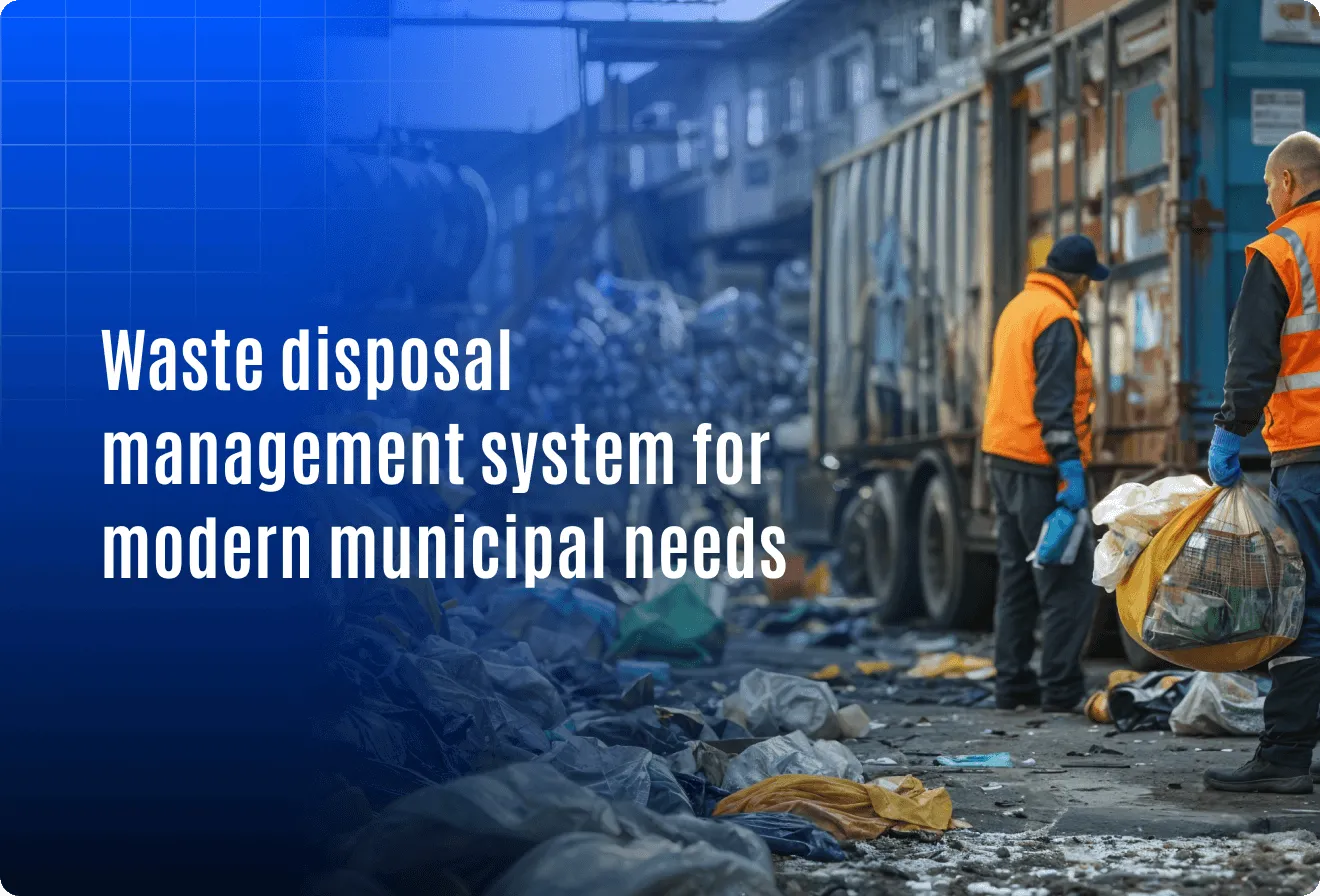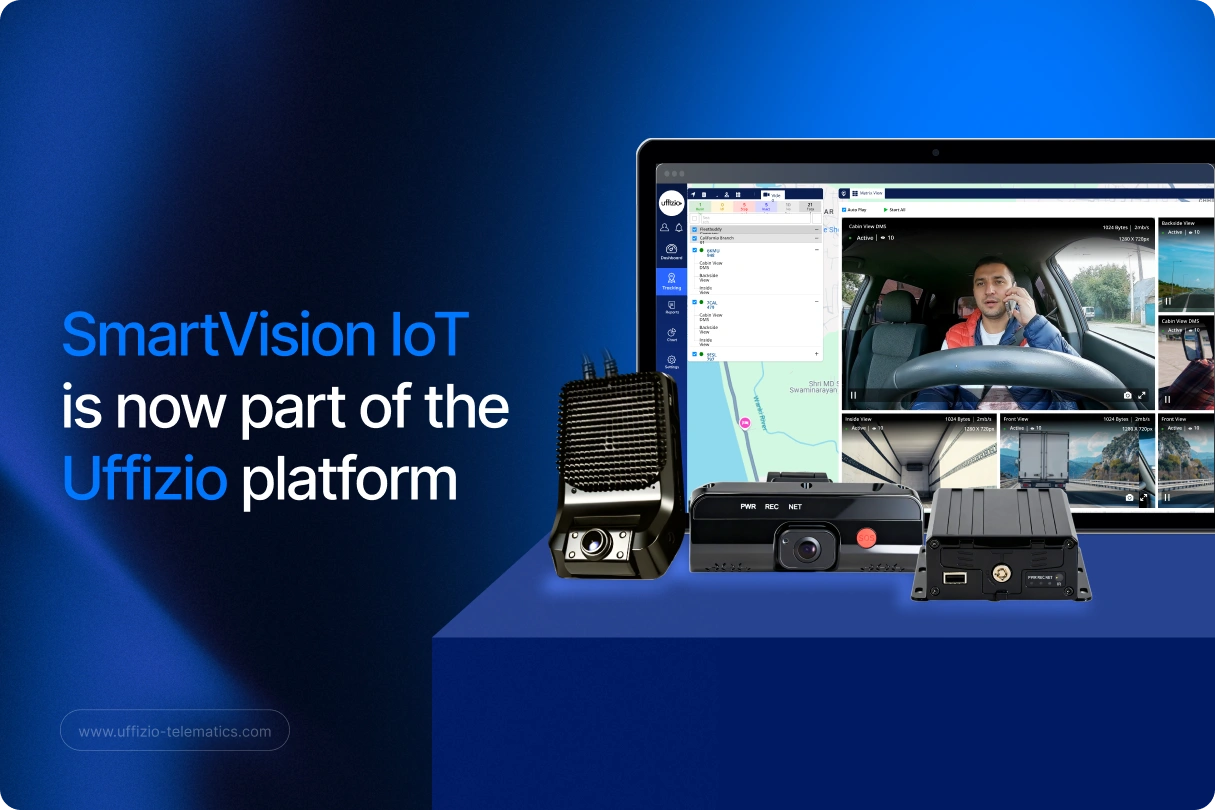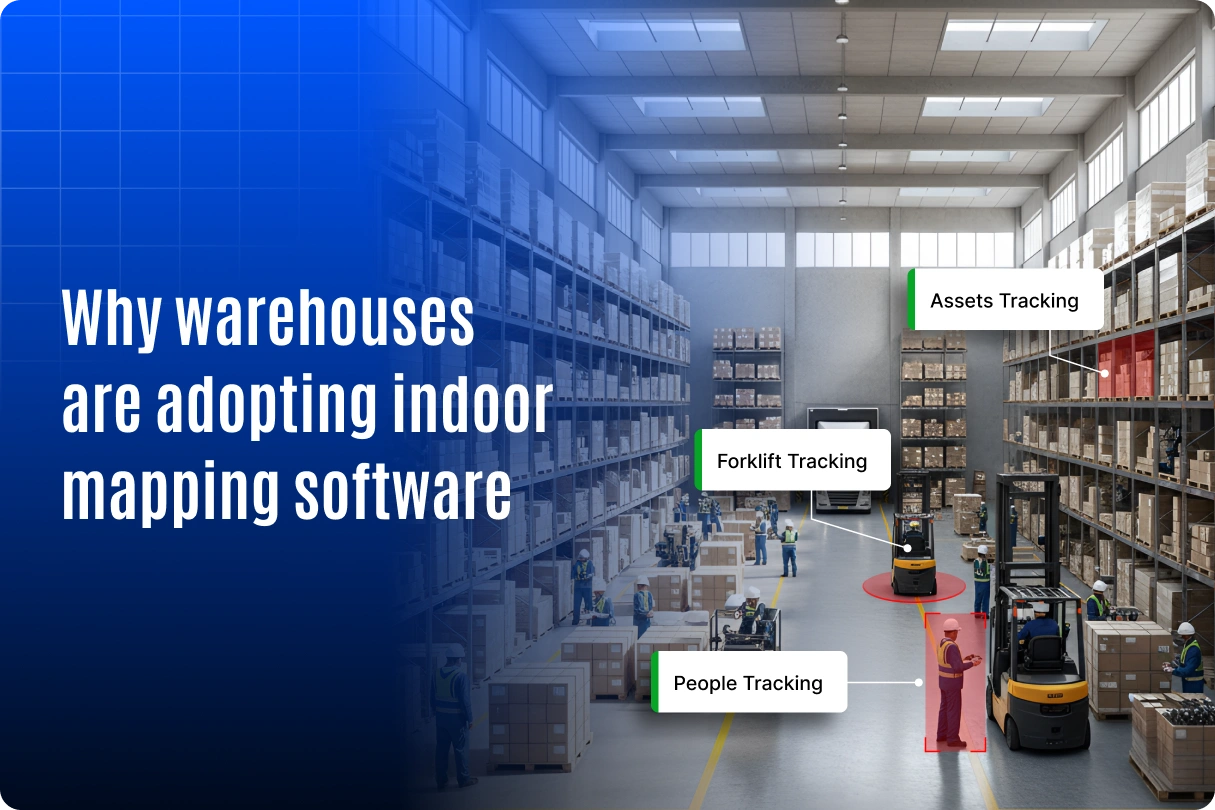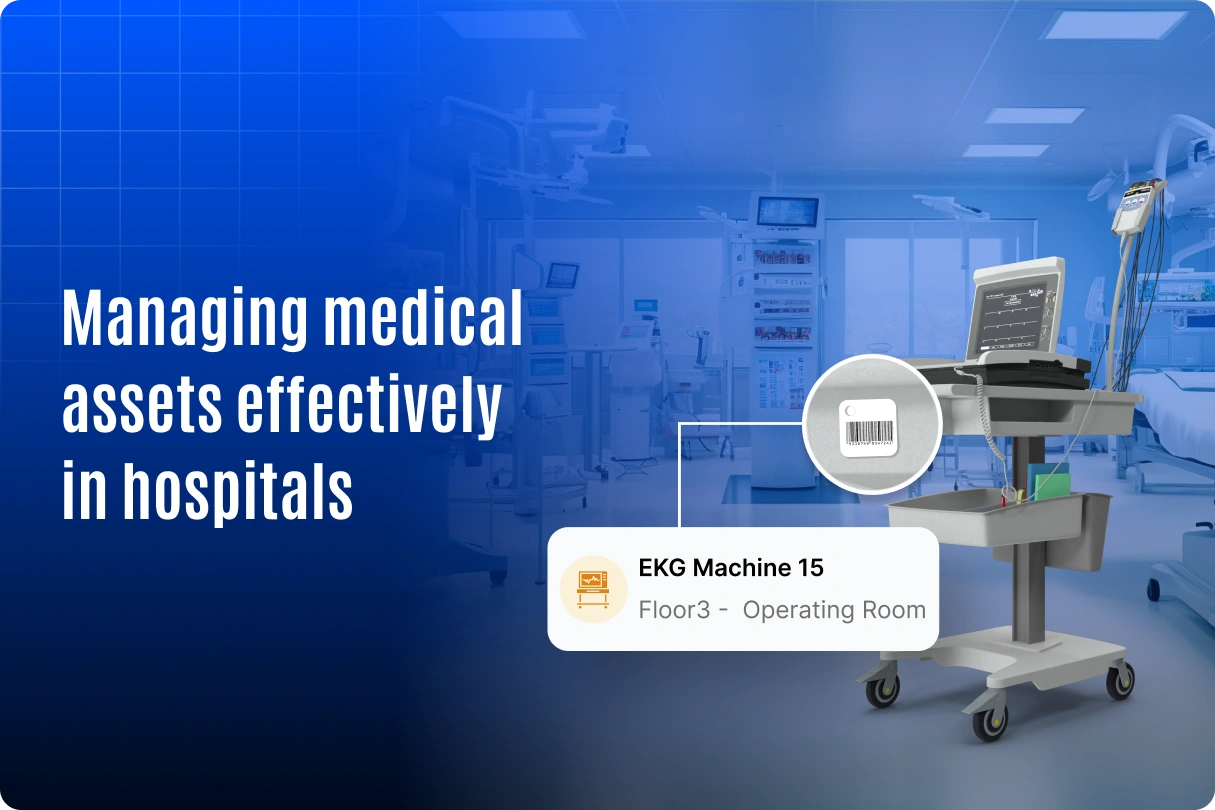A reliable waste disposal management system is becoming essential for modern municipalities across the globe. With urban populations rising and waste generation reaching over 3.4 billion metric tons annually by 2050. Cities are under growing pressure to manage cleanliness, health, and public satisfaction more effectively.
Governments today are not just responsible for waste collection. They are expected to monitor field operations, respond to citizen feedback, and maintain transparency. This is where technology plays a critical role.
By adopting a waste disposal management system, authorities gain full control over area-wise operations. They can track vehicles, monitor job completion, manage bin data, and ensure safe disposal at designated sites. More importantly, such systems support the broader clean Earth mission by enabling cleaner streets, optimized routes, and community engagement.
For system integrators and solution providers, this presents a real opportunity. Supporting municipalities with the right tools can drive large-scale impact while creating new business value.
Global importance of cleanliness and waste compliance
Waste regulations are becoming stricter across the world. This section highlights how different countries enforce cleanliness through legal standards. Everyone should understand why proper waste handling is a shared responsibility between governments, citizens, and service providers.
- GCC countries (UAE, Saudi Arabia)
Gulf governments enforce strict standards, too. In the UAE, Ajman fines firms AED 20,000 (~USD 5,400) for transporting waste without permits or proper disposal documentation. Dubai now imposes penalties as high as AED 500,000, along with possible facility shutdowns and utility disconnections for non-compliance. GCC laws also target overfill, spills, and illegal dumping as part of broader sustainability efforts.
- European Union
Regulations across the EU require all waste transport vehicles to have proper licenses and permits. Overfilled or leaking trucks can lead to heavy fines or suspension of operation. Some penalties go up to 100,000 euros, depending on the violation. - Poland
Waste carriers are penalized for non-compliance, with fines ranging from PLN 1,000 to PLN 100,000. Regular checks are conducted to ensure waste is transported and disposed of as per legal standards. - United Kingdom
Under the Environmental Protection Act, overflowing waste or spillage during transport is considered a legal offense. Authorities can impose unlimited fines or even seize vehicles if waste is found littering public roads.
Every citizen shares the duty of keeping their surroundings clean. Unattended waste harms public health and lowers the quality of life. Maintaining cleanliness starts with individual responsibility and ends with community-wide efforts.
What Makes a Waste Disposal Management System Relevant Today
A waste disposal management system is no longer a future-ready concept. It is a present-day necessity for municipalities that manage daily collections, monitor disposal sites, and respond to citizen concerns.
Here’s what makes such a system valuable today:
- End-to-end visibility
Authorities can track every asset including bins, vehicles, helpers, and checkpoints in real time. This level of transparency builds control and reduces manual supervision. - Structured waste operations
Each job can be planned with predefined checkpoints, routes, and categories. From bin washing to animal waste, everything is tagged and managed clearly. - Automated documentation
The system logs field photos, vehicle inspections, load details, and job status automatically. This reduces paperwork and ensures accurate reporting for audits. - Citizen participation
With mobile apps and social media links, citizens can share feedback, report issues, and stay informed. This builds public trust and supports accountability. - Support for scalability
Whether used in a single town or across multiple wards and cities, the system supports modular growth. Authorities and system integrators can expand without reworking the foundation. - Compliance ready
Vehicle overload, missed checkpoints, or disposal site violations can trigger alerts. This helps meet local and international waste handling norms with ease.
This system becomes the digital backbone of waste disposal, turning routine operations into data-driven, efficient, and compliant processes.
Features of a Waste Management System That Give System Integrators a Competitive Edge
Government projects come with high service expectations. System integrators must offer more than just a functional platform. They need strong differentiators that address real municipal challenges and align with modern operational needs.
Here are some of the most impactful capabilities they can showcase:

These features are more than just tools. They represent real solutions that help system integrators build trust with government clients. When integrated into proposals, they highlight operational strength, flexibility, and long-term value for city-level projects.
Conclusion
Cities around the world are evolving, and so are their expectations from waste management service providers. A well-configured waste disposal management system brings measurable improvements in compliance, efficiency, and accountability across departments.
Research suggests that municipalities adopting digital disposal systems can reduce service complaints by up to 40 percent and improve route completion accuracy by over 30 percent. These are not abstract numbers. They represent better-managed vehicles, cleaner streets, and quicker issue resolution.
For system integrators, this is a clear opportunity. Offering such solutions not only strengthens tender proposals but also helps build lasting relationships with urban authorities. The impact is practical and visible, from control room dashboards to every bin on the street.
This is the right time to align with cleaner goals and smarter operations, and to be part of solutions that deliver both.








